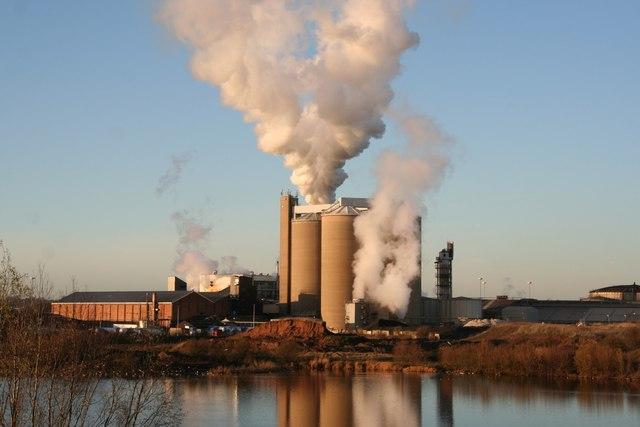To say we’ve made slow progress in solving climate change might be the greatest understatement of our time. Last year it was a big deal when the U.S. Senate voted 98-1 in favor of a resolution recognizing that “climate change is not a hoax.”
While it might appear nearly impossible for federal government to implement any policy to actually address the problem, at least one state is leading the charge.
A bill in Washington State is on the ballot, placing a tax on carbon emissions — the sort of bill that Wisconsin, and all states, can and should adopt.
The bill, modeled after the wildly successful carbon tax in place in British Columbia, would establish a $15 tax per metric ton on carbon emissions that increases annually by 3.5 percent plus the inflation rate, until the tax hits $100 per metric ton of emissions.
The beauty of this tax, however, is that it will not cause businesses to leave the state or put an unnecessary burden on consumers.
Basic economic intuition suggests this tax will cause businesses to move out of the state since their costs of doing business increase. With near perfect substitutes for Washington’s business climate across the country, businesses could cross over the state line and avoid the tax, and for businesses that cannot move, they would merely push the tax onto the consumer through price increases.
But this tax is revenue neutral, so all money gained by the tax gets reinvested to taxpayers and manufacturers through tax cuts and credits. Specifically, this bill will allow for a one percent reduction in the state sales tax, an expansion of the Working Families Rebate by $1,500 and $400 million in tax cuts to manufacturers.
Not only does this bill make sense in theory, it also works in practice. In British Columbia, this carbon tax has reduced fuel usage by 16 percent and emissions have fallen at a 3.5 percent faster rate than the rest of Canada. Implemented at the time of the Great Recession, their recovery was on par with the rest of Canada, showing there is no negative economic impact of the tax. Even 100 businesses in British Columbia support increasing the tax.
So you’d think the left would be happy to see a carbon tax bill on the ballot in Washington state.
Well, think again.
The Sierra Club has officially adopted a “Do Not Support” stance on this bill, stating on their website, “Given the urgency of the climate crisis, this was not a decision reached lightly.”
Because the group claims the tax doesn’t directly help poor communities and communities of color through increased investment in green jobs, energy efficiency, transit, housing and renewable energy infrastructure, they oppose the measure.
Looking again at the measures funded through this carbon tax — specifically the sales tax relief and increase to WFR — this concern is negated. The sales tax is a regressive tax that burdens mostly low-income families, so lowering this tax relieves some of the tax burden for low income families.
WFR would provide additional money to families receiving the earned income tax credit, a means-tested refundable tax credit. What this means is only low to moderate income level individuals qualify to receive this money. Since it is refundable, individuals get whatever they qualify for, even if that means they end up paying a negative tax rate.
This just happens to be a market solution to global warming that is also business friendly. Sounds like the perfect bill.
Aaron Reilly ([email protected]) is a sophomore majoring in social work and economics.














